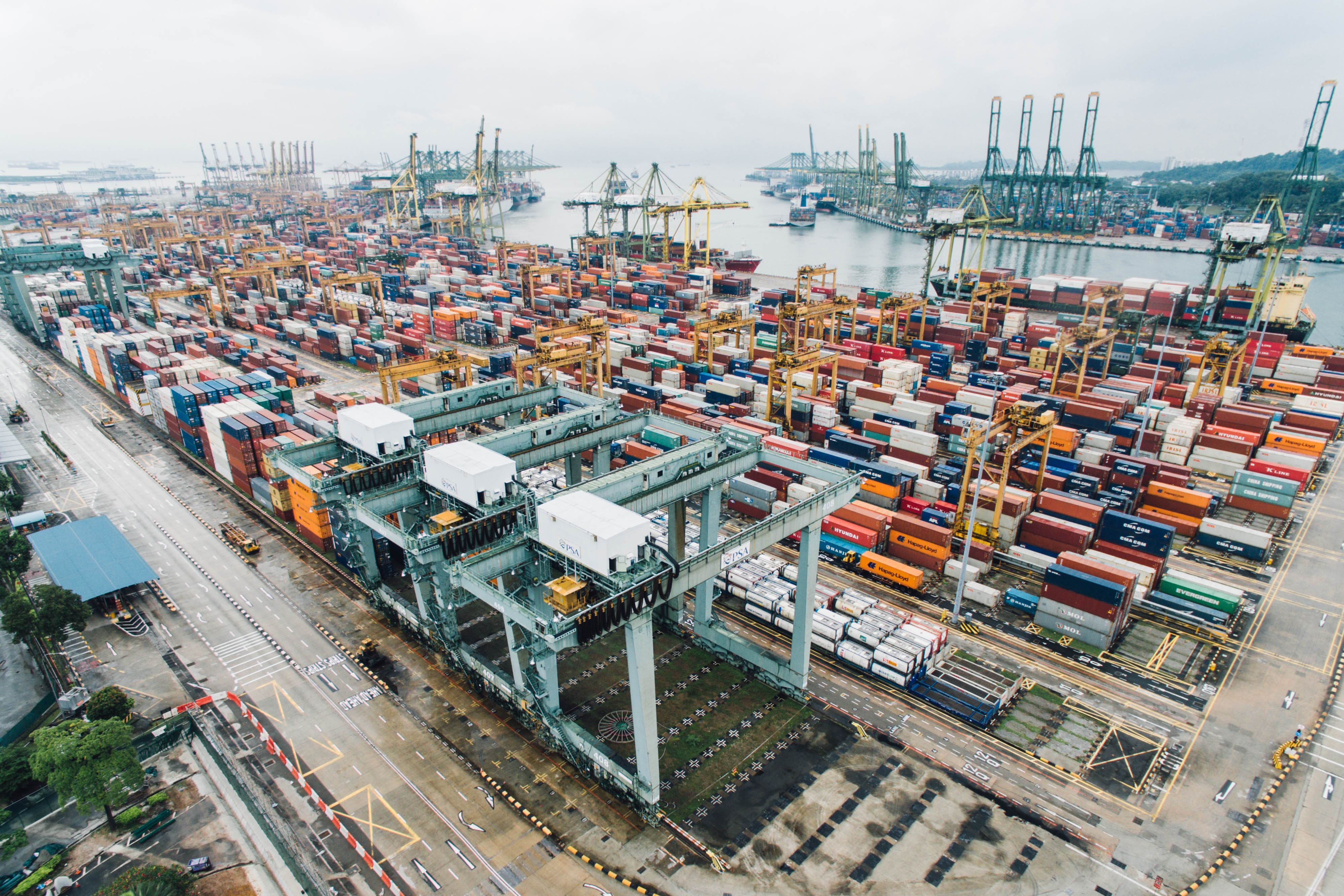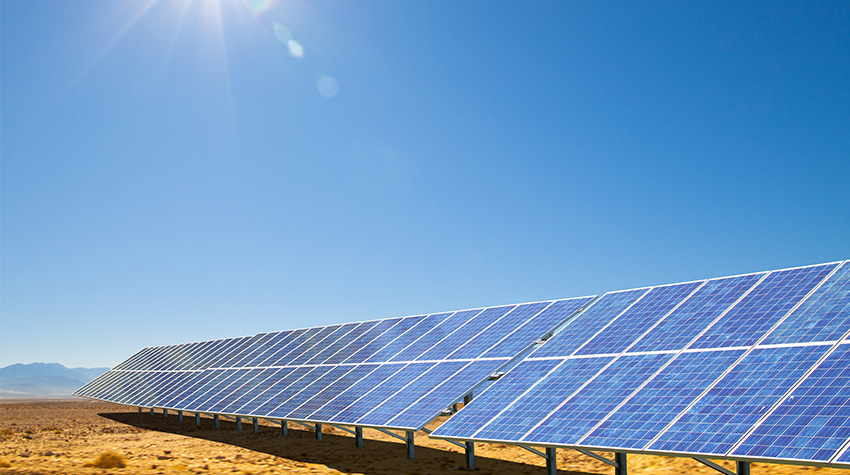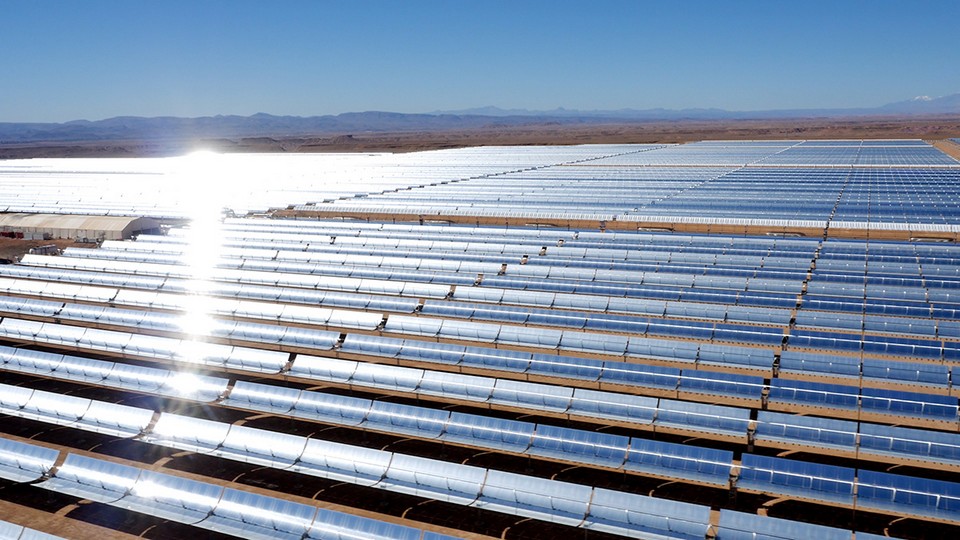Case studies
Filter by
85 results found
Case studies
Within the state “Education Development” (2018-2025) program, the Ministry of Education of Russia and the State Development Corporation VEB.RF launched a program of state support for construction and operation of public schools through PPP mechanisms
Read time: 2 minutes
Published
20 Sep 2021
Read more


In Senegal, energy is produced by private operators and sold to the Senelec government energy corporation.
Case studies
Since 2010, Senegal had pursued reform policies within the energy sector, and aimed to increase installed renewable energy to 20% of total installed capacity by 2017.
Read time: 2 minutes
Published
20 Sep 2021
Read more


Case studies
Australia's national government introduced policy to incentivize asset recycling by state-level governments, by offering up to 15% of the sale or lease proceeds of asset privatizations for re-investment in infrastructure projects
Read time: 2 minutes
Published
25 Nov 2015
Read more


Case studies
RaiseGreen is a new crowdfunding marketplace/platform for green projects. Individuals, startups, non-profits or even local governments looking to start their own green projects can utilise the platform to create and develop the project, set their own terms, and present their offering on RaiseGreen’s platform for potential investors.
The platform offers a wide variety of replicable, templatised investment opportunities for solar power, affordable housing, EV charging stations, agriculture, water projects, and microgrids.
Read time: 3 minutes
Published
01 Nov 2021
Read more


The mechanism allows borrowers to obtain financing under syndicated loan (credit) agreements to deliver state-backed infrastructure projects
Case studies
The Factory is a project finance mechanism for investment projects in Russia’s priority industries, which include manufacturing, heavy engineering, nuclear industries, infrastructure, agriculture, healthcare, and information and communication technology
Read time: 2 minutes
Published
20 Sep 2021
Read more


Case studies
The City of Paris has used Energy Performance Contracts (EPCs) to refurbish 240 schools in two phases, with a third phase now underway. The refurbishments, tailored to each school, include window renovations and the installation of LED lighting, sensors, insulation and new boiler systems.
Read time: 3 minutes
Published
27 Oct 2021
Read more


Case studies
A solar leasing project at Singapore's Jurong Port significantly reduced carbon emissions and generated cost savings.
Read time: 2 minutes
Published
20 Sep 2021
Read more


Case studies
IFC in close collaboration with the WB, MIGA and in consultation with key market and industry players, has worked on the development and design of the Scaling Mini-Grid (SMG) platform: a set of semi-standardised project preparation requirements, templates, risk mitigation instruments, and stapled financing
Read time: 3 minutes
Published
30 Mar 2022
Read more


Case studies
The Indonesian Government aims to expand its geothermal energy sector to reduce greenhouse gas emissions.
The Green Climate Fund (GCF) and Clean Technology Fund (CTF) are offering USD127.5m in financing, consisting of a senior concessional loan for public sector projects, a reimbursable grant for private sector projects, and a grant for technical assistance. World Bank will also provide USD100 million loan to scale up investments in geothermal energy in Indonesia.
Read time: 3 minutes
Published
01 Nov 2021
Read more


Case studies
Innovative win-win power scheduling agreement between the two procurers that enabled Delhi Metro to draw power flexibly to suit the variable nature of its demand for running trains.
Read time: 3 minutes
Published
17 Nov 2021
Read more


Case studies
Lowline is a project to transform an abandoned trolley (tram) terminal on the Lower East Side of Manhattan into the world?s first underground park
Read time: 2 minutes
Published
07 Aug 2015
Read more


Case studies
Noor Ouarzazate I, a 160 MW Concentrated Solar Power (CSP) plant, is a path-breaking large- scale CSP project, one of the first to be delivered in the Middle East and North Africa (MENA) region, taking advantage of the region s abundant solar resources.
Read time: 2 minutes
Published
14 Mar 2018
Read more


Published
29 Oct 2021
Read more


Case studies
In line with the global focus on climate change and greenhouse gasses, Canada has committed to a Net Zero Target by 2050. The Quebec Government has developed the 2030 Plan for a Green Economy aiming at reducing greenhouse gas (GHG) emissions by 37.5% below 1990 levels by 2030
Read time: 2 minutes
Published
29 Apr 2022
Read more


Case studies
The Uruguayan government planned to diversify its energy mix, reducing its heavy reliance on hydropower and imported fossil fuels during drought seasons
Read time: 2 minutes
Published
05 Nov 2020
Read more


Case studies
Asia long faced a gap of investment capital available for infrastructure projects
Read time: 2 minutes
Published
05 Nov 2020
Read more


Many of the bridges are located in rural areas with low traffic volumes, hence PPP solutions are not attractive for investors
Case studies
In light of Pennsylvania having over 4,500 bridges classified as structurally deficient, the Pennsylvania Department of Transportation (PennDOT) decided to prioritize infrastructure repair and replacement work
Read time: 2 minutes
Published
20 Sep 2021
Read more


Case studies
The Federal Government of Nigeria’s Energizing Economies Initiative (EEI) aimed to increase access to energy through private development of off-grid electricity solutions in economic clusters, such as markets, shopping centres, and industrial complexes
Read time: 2 minutes
Published
20 Sep 2021
Read more



















